I hesitate to note the vulnerabilities here to avoid facilitating adversarial advances, but I hope that this will lead to further action by the USG to evacuate SIV/P1/P2/P3 applicants, to avoid this. The specific placement, access and motivation of the local Afghan nationals who have worked for the USG put them in specific situation that makes them not only targets of reprisal, but also bonanzas for intelligence collection.
The results of this will lead to USG adversaries torturing, interrogating, and manipulating – to include sensitive site exploitation (digital and document extraction - our former allies to provide full biographical data and identifies on all former co-workers. This alone will provide a fiesta of data that is the gift that keeps on giving. Each lead will lend itself to another lead, and another, and another.
Once all elements of the network are completed, the adversarial extraction of information will multiply. The ability to process and analyze this data to make it applicable is unlimited. In short order, the United States’ greatest adversaries will be able to fabricate – in detail - the following demographics:
- All US personnel almost-ever in Afghanistan. All passport and visa information of all US staff – Soldiers, Diplomats, Spooks, etc., are now at the mercy of the Taliban and whomever they opt to share or sell the data with. The Taliban now own all Afghan border information. They literally have my iris scans, fingerprints and passport data.
- The biographical data, and personal information of every US staff member connected with Afghan local staff. Facebook profiles, phone numbers, emails, LinkedIn profiles and professional histories, full names, etc. Keep in mind, we are friends with these people and have signed off with signatures and contact information on all their paperwork.
- The TTPs (Tactics, Techniques and Protocols) for US military Base and US Embassy access. The people we left behind know the word-by-word polygraph procedures for gaining entry to our military, diplomatic and intelligence facilities. They know our security protocols, applications details, and database methods. They not only know this information that is now available to the Taliban but is now up for the highest bidders such as China, Russia, North Korea and Iran – not to mention affiliate terrorist groups such as Haqqani, Al Qaeda and ISIS.
Information does not stagnate in these circles. It sells, spreads, and grows. In short order, it will be in the hands of China – whom already has US full data on all individuals who have Security Clearances since the early 2000’s, to which they can cross-reference it. Couple this with data available on the open market for a fraction of the cost of a nation state – that includes data-leaks of Experian, Marriott, and airline data - that has all been hacked.
There is nothing to stop a letter showing up at my mother’s door threatening her if I do not cease and desist my work. There is nothing to stop me from being pulled into “secondary screening” in any number of countries that will soon have access to this data. There is nothing to stop my closest Afghan allies to be interrogated until they give up my biographical data, personal email, physical description, and professional title.
Thus, limiting my ability to ever travel abroad to anywhere but Western Europe, for example. Additionally, every single military, diplomatic and intelligence post around the world is now compromised with the key details on how to gain employment within, while surpassing Vetting and Investigative obstacles to protect our assets abroad.
None of this speaks to the fact that the Taliban reportedly have access to our biometric databases that identify our Afghan partners. To be clear – in many cases, our Afghan partners were not far off interpreters, but in may cases, embedded within the core of our diplomatic, intelligence and military units. Leaving these people behind is akin to leaving Americans with security clearances being at the mercy of Taliban interrogators.
Afghanistan is not some far off place with no relevance. Afghanistan is here – in America – at home. It is closer to you t

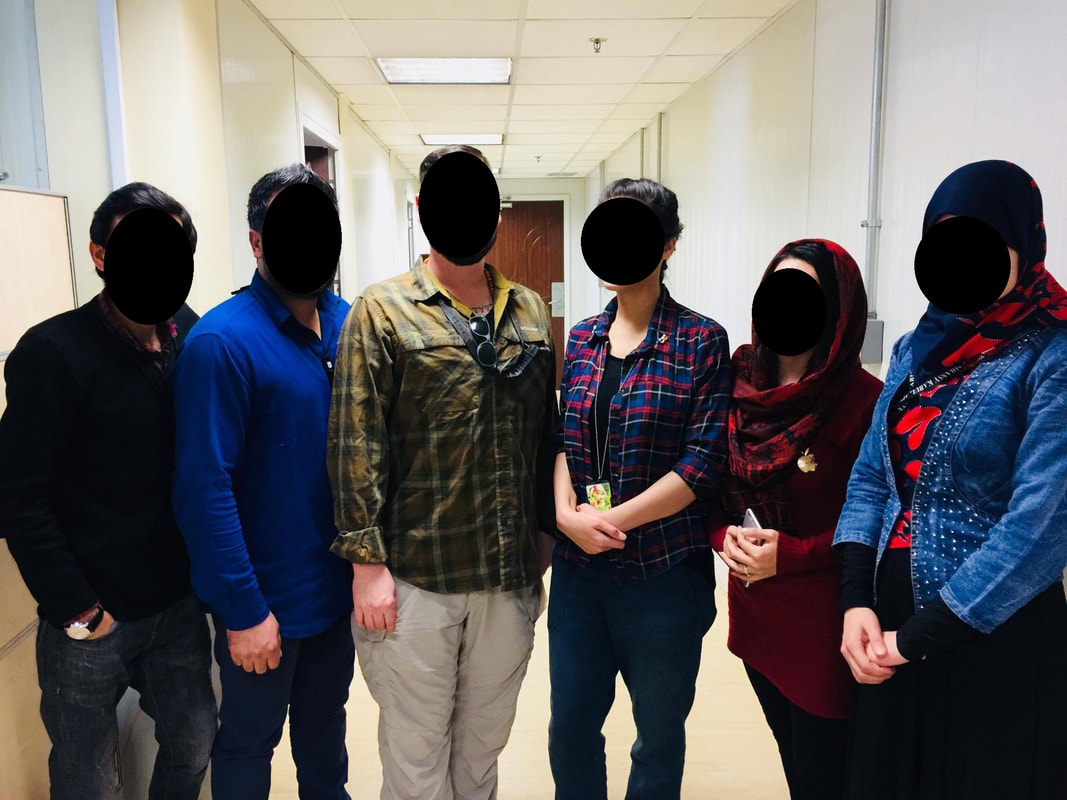


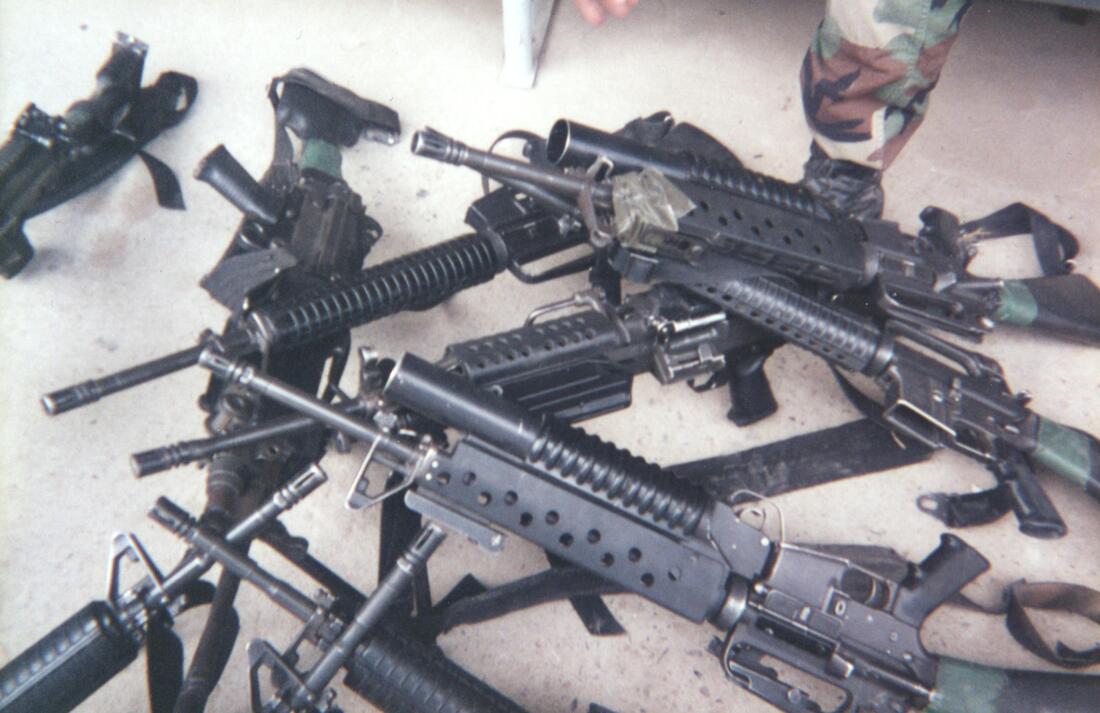
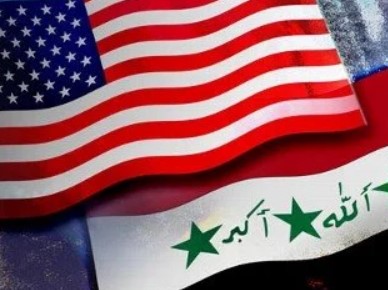






























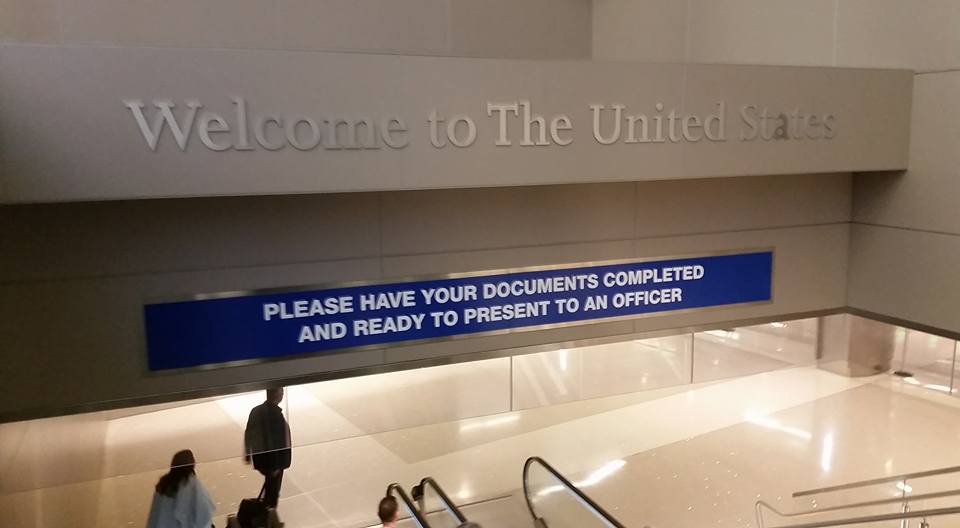
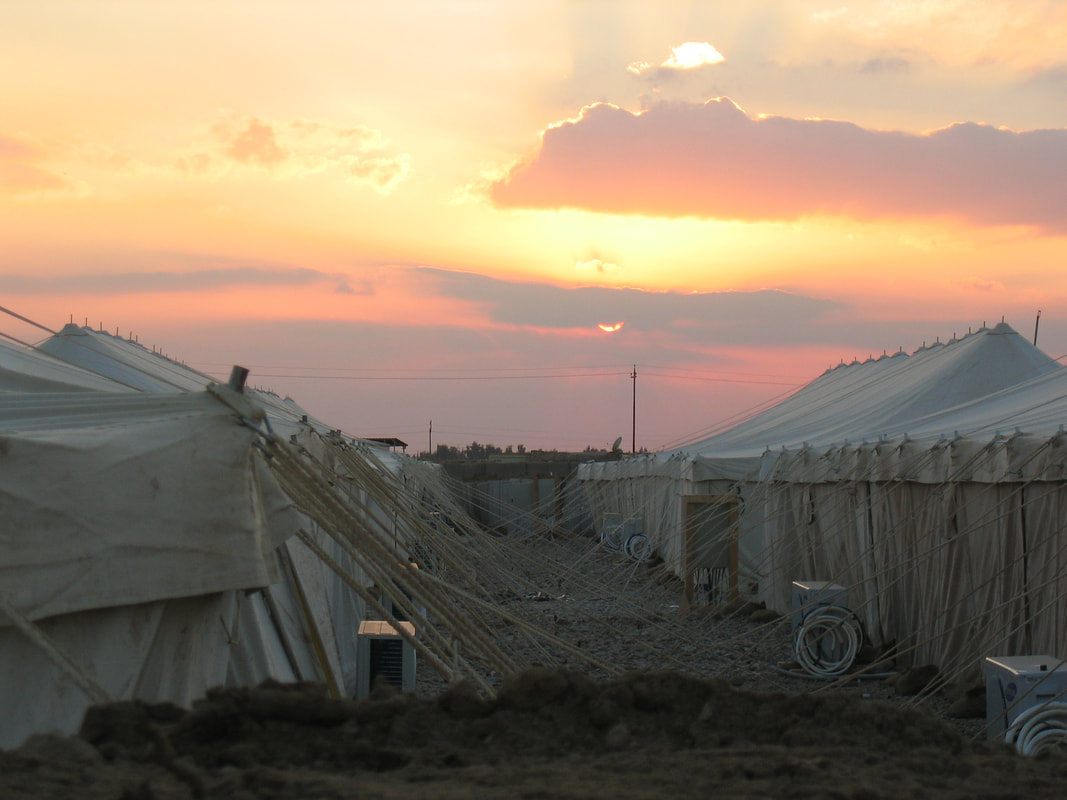
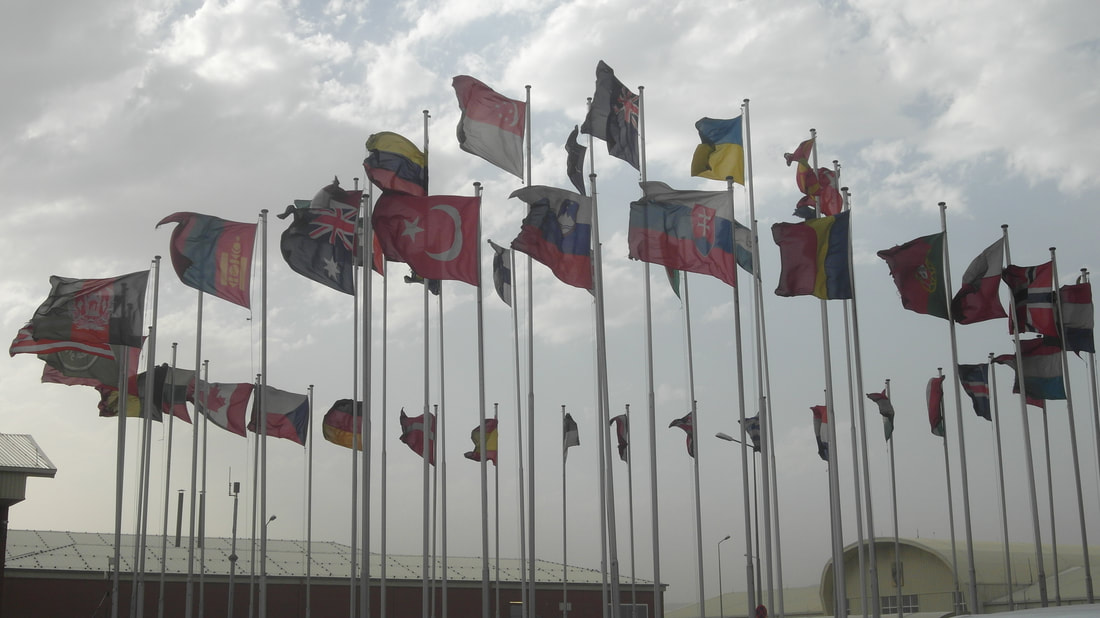
 RSS Feed
RSS Feed